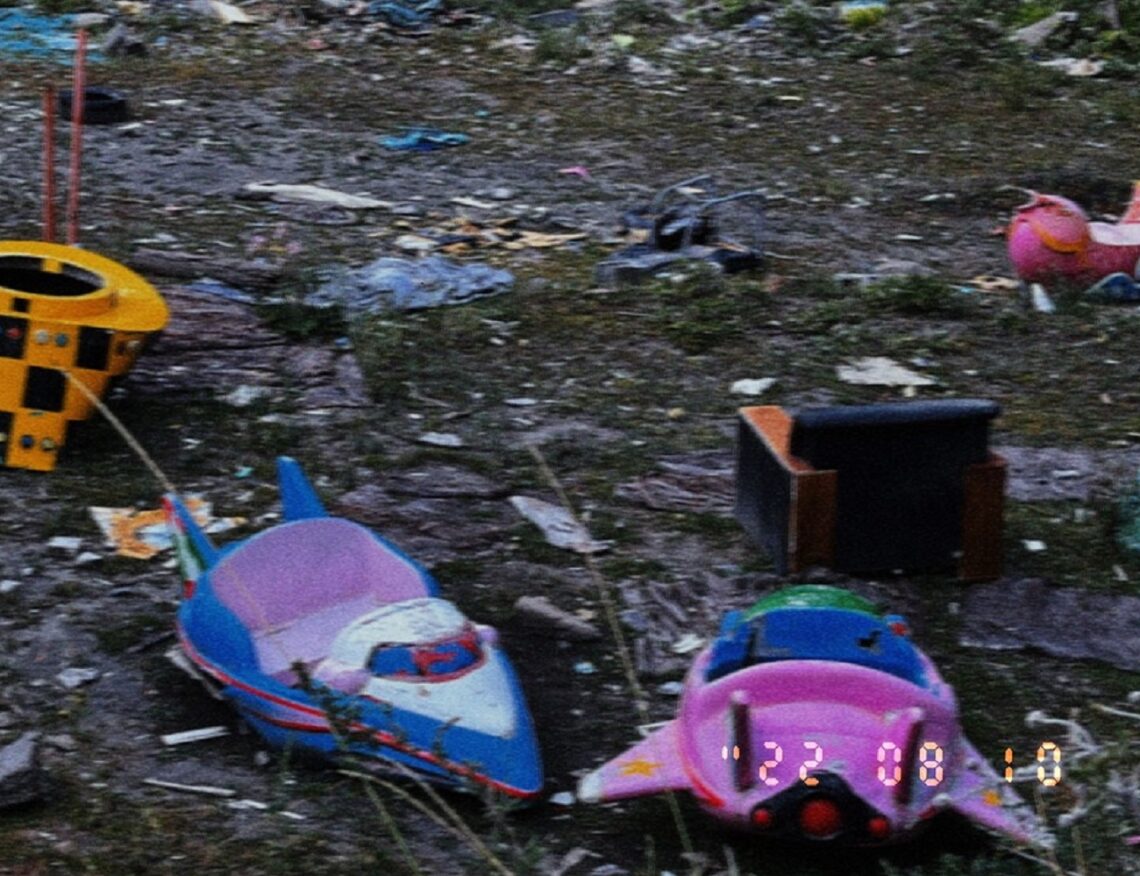key ideas from your blog so far (300 words)
Educational equity is a topic that has always concerned me. Partly because I come from an area lacking education resources, I know how much my peers around me and their families need to give in this matter of education to bridge this gap. But in the past, I seemed to limit my attention to striving for more mainstream resources, such as more funding, experienced teachers, better teaching aid, etc., which is of course necessary. But after coming to EFI, I read some books and met some people which opened my horizons. It allowed me to gradually shift my search for education equity from those things above to the right to educate about culture, language, and heritage. I have written about this kind of right in my blog: Idea-2.4(reference 1), and hope that there is a place for them in the fight for equality in education. Also, in my blog Idea-2, I talked about some of the phenomena that have happened to me and around me, “…as a Tibetan myself, it is a great pity that I can’t speak Tibetan. In my hometown, another minority group, the Qiang, almost lost their language in this era because the children were not systematically learning and using it. This seems so out of place in an age which can record almost everything!” That is why I plan to add language subjects to the basic curricula of primary and secondary schools in ethnic areas, to meet the needs of protecting and inheriting their languages and even culture.
key methods explored so far (150 words)
As a matter of fact, I am not quite sure what exactly are the appropriate methods for me to pick and use, so I can only roughly list and describe the ways I may use for the future project. I also collected some ideas after the second meeting and wrote them down in my blog: Idea-2.2(methods).
1) Ethnography: to go deep into the minority communities in Tibet and understand the culture and social behaviours.
2) Case Studies: to study in-depth some cases of individual curricular modifications.
3) Surveys: Questionnaires or interviews to collect data on intentions regarding language learning and curriculum modification.
4) Historical Analysis: Study of historical data to understand the social phenomenon of the decline and subsequent preservation of minority languages.
5) Literature Review: Research on the development of the language of the Tibetan minority.
Major points of uncertainty (150 words)
To be honest, what I am most uncertain about is what kind of final product or artefact would be in my future project. I had previously envisioned it to be a language course syllabus related to a typical national language. But it seems to have considerable limitations and localised features. So sometimes I will ask myself: is this project still beneficial? should I think and focus on the impact and radiation of this project results? Or perhaps I should offer some fairly generalised advice for schools in different areas to consider and use (if effective advice can be given at all)? Because I just think maybe such advice seems to have greater applicability. Or maybe there should be some other products? In my opinion, a research project without any outputs is always a little bit vague. This is something I learned in James’ course this semester.
Your project as you currently understand it (200 words)
In the projects that have been relatively established so far, I am satisfied that I have been able to shift my perspective to consider some other issue of educational equity. Of course, this is the excitement of having a bit of self-progress from my perspective. The knowledge I experienced and received in the first semester reshaped my thinking. I believe this is the value of education. Coming back to the project itself, I have found some education policies and documents developed by the Chinese government that support and apply to my project. Some details can be found on my blog: Idea-2.7(reference 2). In addition, I am actually very interested in the tech side of education, especially in the topic of AI-related education projects in our EFI project and partner bank. For example: project 1 named Introduction to AI Ethics, Curriculum Design, and project 2 AI and Lifelong Learning. I understand that when we are talking about the futures, no matter what kind of field is, it will be impossible to avoid a deep binding with technology, so maybe this is the better and more promising project direction in a general view. Also, I like this direction and hope to be able to learn something from it, but I don’t know at this moment what kind of role I can play, what kind of thinking I can offer, and what contribution I can make in such projects. So I am still going on my thinking….
Next steps (200 words)
Next, I am going to continue to do the literature review and case studies to complete my knowledge and logical framework for this part of curriculum revision, which is very important for my project. Although the steps of my research seem to have some planning and direction, I always go back to the question and ask if this research will go off course and lose its value. Thus, I would like to explore this confusion as well as my previously mentioned thoughts about the project in my first personal supervisor meeting. Finally, any questions and suggestions about my project are welcome as I know I will progress from it.





